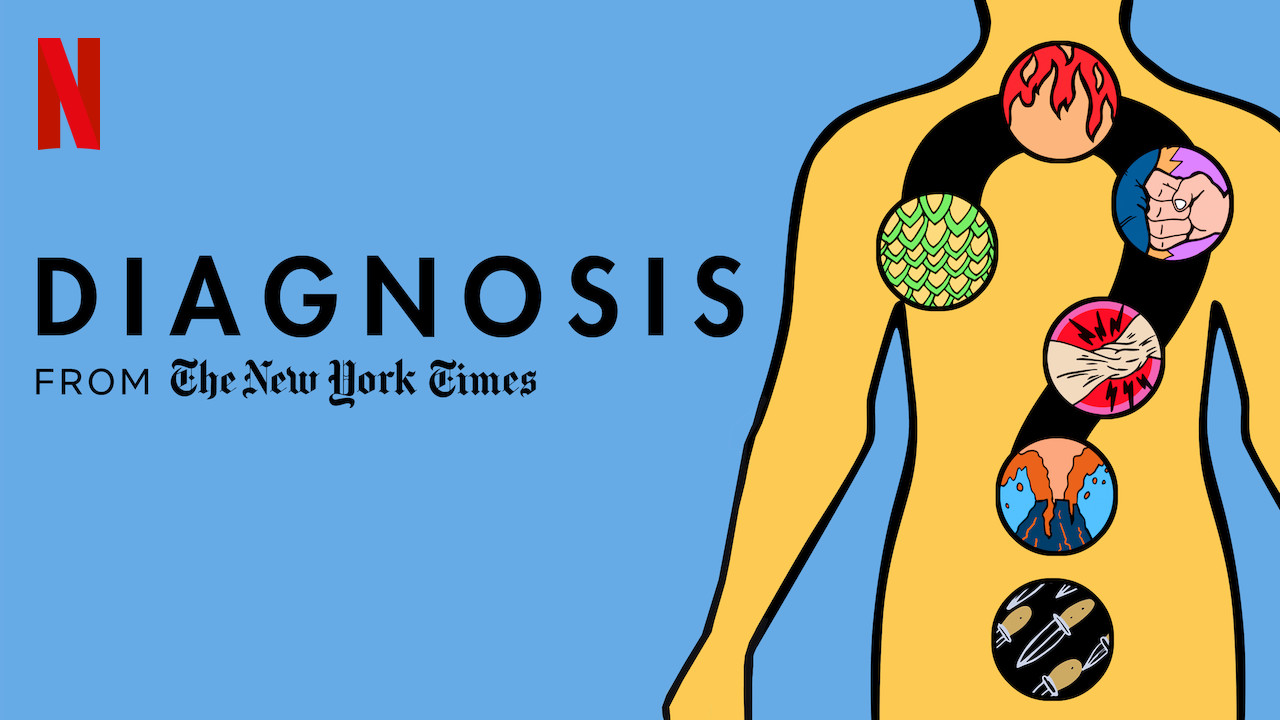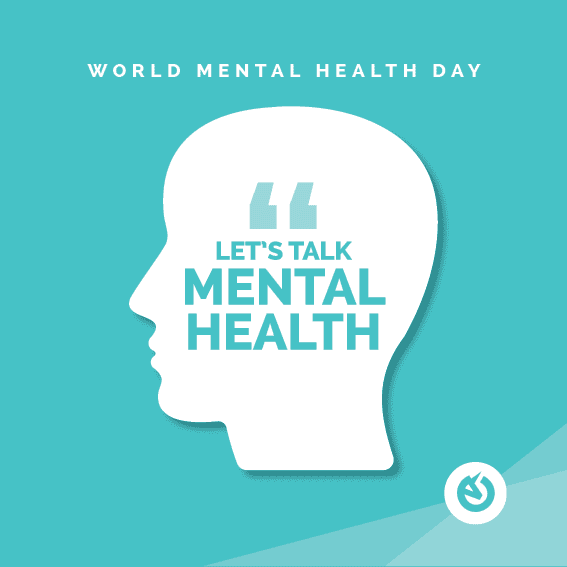Recently I have been watching Netflix’s new documentary series Diagnosis, based on the New York Times Magazine column written by Dr Lisa Sanders.
It’s an investigative series in which Lisa puts her column out to the world via social media asking anyone who recognises the symptoms of the featured patient to reach out to her and help solve this person’s medical mystery. The show cleverly exploits modern technology’s capacity to find and connect patients with people around the world who might be able to help solve their complex cases.
This series really highlights the power of the internet and the use of social media to me. As well as social media it also promotes the power of media and the positive impact it can create.
Diagnosis follows the lives of several people with unexplained illnesses. The responses to the online column, which was pushed out via social media platforms, were from doctors, medical researchers, people who recognise the traits of the mysterious illness and also from people who claim to be suffering from the same thing.
I have always recognised the value of social media but this programme changed my perspective on it, and what it can really offer to us beyond the generic posts we see daily.
It proves how beneficial, and in this case life-changing, the internet can be. The vast majority of those featured in the show have had their lives changed by the responses they received via this global crowd-sourcing.
Without the use of a world-wide platform these people might still be suffering, without any hope or answers.
Diagnosis has reminded me to never underestimate the power that the web and social media can have!









